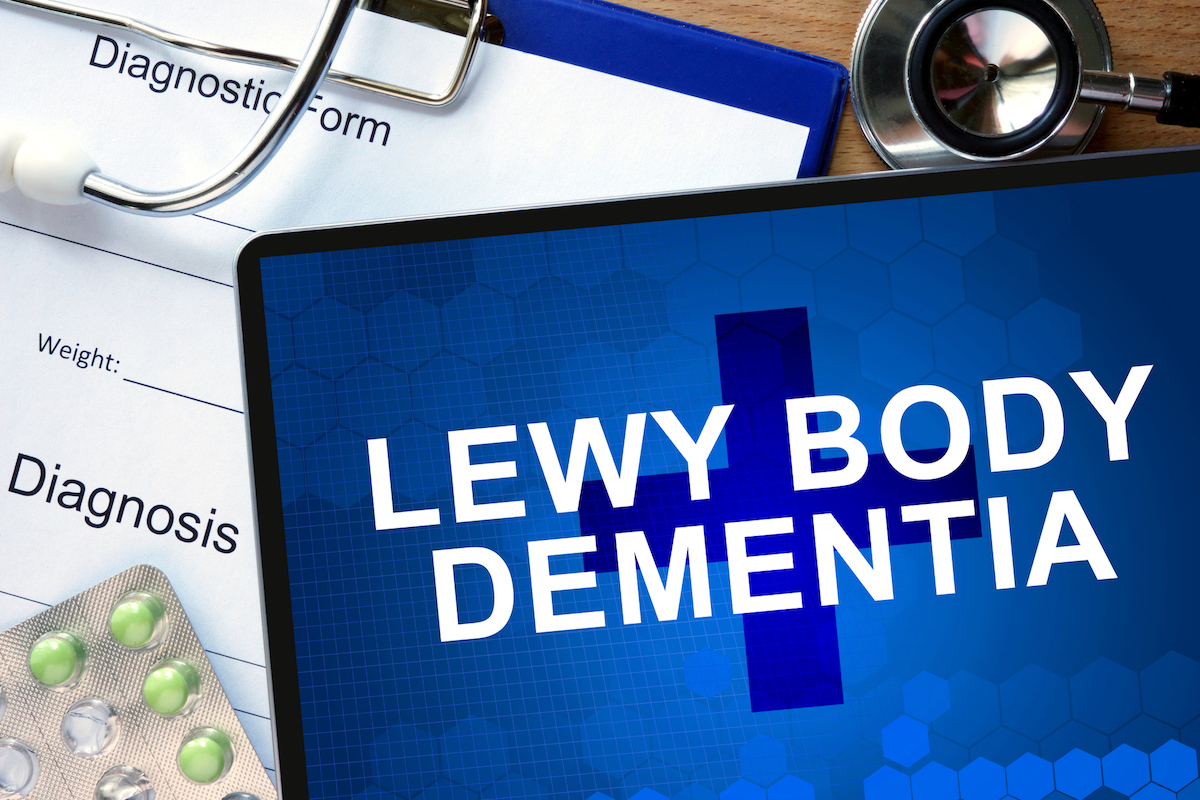<< Back
Tom Seaver, Robin Williams Had It: What is Lewy Body Dementia?

September 24, 2020
Never heard of Lewy body dementia before the deaths of Hall of Fame Mets pitcher Tom Seaver and comedian Robin Williams? It’s actually the second-most common type of progressive dementia after Alzheimer’s disease.
“It manifests with not only memory issues, which you often see in many forms of dementia,” says Dr. Leon Meytin, a Movement Disorders Specialist at Hartford HealthCare’s Chase Family Movement Disorders Center, “but also with Parkinson’s symptoms, as well as psychiatric symptoms.”
The disease, caused by protein deposits called Lewy bodies in the brain’s nerve cells, affects all areas of motor control: voluntary movement, memory and thinking.
People with Lewy body dementia may exhibit multiple symptoms that progress over time, says Dr. Barry Gordon, Medical Director of Ambulatory Neurology at the Ayer Neuroscience Institute at MidState Medical Center and The Hospital of Central Connecticut.
Some of the primary symptoms:
- Fluctuations in attention and alertness: At one moment the person may be alert and then suddenly be confused and disoriented. They may appear drowsy or take frequent naps during the day.
- Vivid hallucinations: The person may see, hear or smell things that aren’t there. These hallucinations can be very detailed and are one of the first signs of Lewy body dementia.
- Repeated falls: As with Parkinson’s and other diseases of the brain, patients with Lewy body dementia are prone to shuffling while walking, rigid muscles and slow movement.
- Personality change: Patients often become paranoid to the point of accusing family members of disloyalty. They may call the police to report a theft, when, in fact, they have lost or misplaced the objects themselves. They may become suspicious of medications administered by caregivers.
Because there’s no cure for Lewy body dementia, it’s important that patients see a movement disorders specialist instead of a general neurologist. Treatment includes medications for Parkinson’s-type medications and, for memory problems, some of the same drugs used for Alzheimer’s patients. Physical therapy, occupational therapy and social work services also can be beneficial.
“As with any form of dementia, Lewy body dementia can be very difficult for family and loved ones,” says Dr. Gordon. “While there is no cure for Lewy body dementia, treatment is available to reduce symptoms of the disease.”